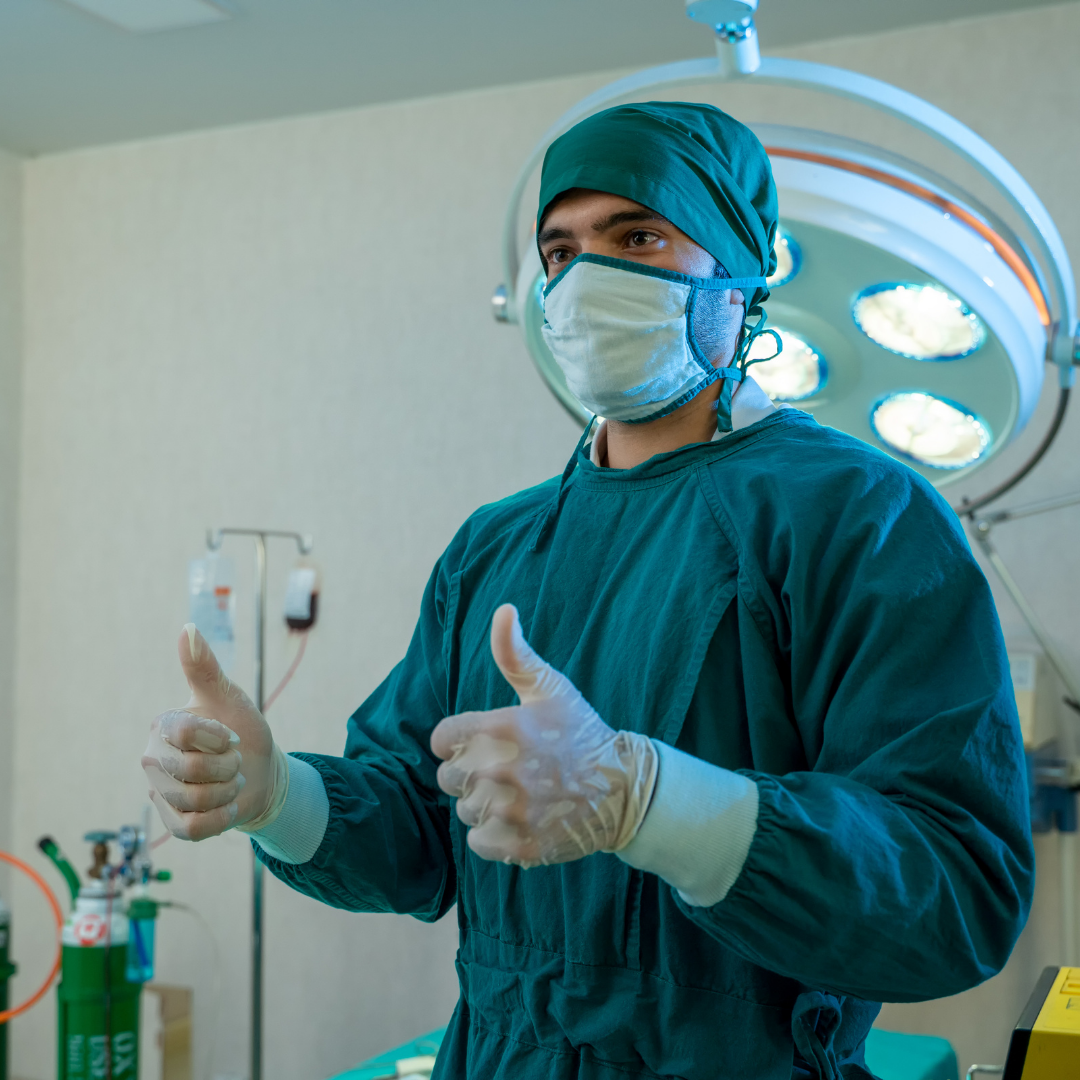
The global pandemic known as Covid-19 has swept across the world, causing widespread confusion and fear about the unknown. It has taken hospitals, clinics, and health care services by surprise, and many are still trying to quell panic in their communities. As the world struggles to make sense of this unprecedented disease, people in the whole world are not alone in their efforts to understand what is happening.
In the wake of the COVID-19 pandemic in 2020, cancer patients are at a unique disadvantage, and they will need to fight harder to access the care they need.
Everything about COVID-19 and its adverse effects on the human body and the medical system is inevitable that the pandemic will affect cancer treatment and cancer-related care services. It can be assumed that cancer care services, in general, will also suffer the effects of the pandemic. Since most cancer diagnosis screenings and treatments are covered by health insurance policies such as Medicare, healthcare organizations may co-ordinate with a trusted credentialing service to streamlines the process. However, thanks to the pandemic, these services could also come to a standstill or at least experience some bottlenecks.
What is a Global Pandemic?
“A global pandemic spreads from one geographic area to another. A pandemic may be caused by an infectious agent or by an environmental factor that causes an outbreak of disease. A pandemic can also be a widespread event that involves a large number of people or a significant number of organisms.”
It’s one of the most commonly asked questions about the global health threat of the 21st century-how could everyone get sick at once? The answer, of course, is that it could be the result of a global pandemic. And if that sounds like a scary thought, consider that it’s happened before.
The word pandemic comes from the Greek word pan, which means all, and demos, which means people. What is a pandemic? A pandemic is a mass epidemic of a disease that affects a large portion of the population. Pandemics have been a part of human history since humans first began to spread across the globe. In 1918, the Spanish flu killed 20 million people worldwide. In 1957, the “Asian flu” killed 23 million people worldwide. In 1968, the “Hong Kong flu” killed 1 million people worldwide. The world has never seen such a pandemic since the invention of the microscope, and this technology has made it possible to prevent and control pandemics.
A global pandemic is an outbreak of disease that spreads across continents. Many types of diseases pose a global pandemic risk, but the most devastating is the Covid-19 viruses that are spread by respiratory droplets. These viruses are particularly dangerous because they are often mutating, which makes them harder to treat. It has infected millions of people around the globe since the end of 2019.
Why did the Health Care Services get affected by the Covid-19 Global Pandemic?
Today, there are only a handful of specialists in the world who are proficient in the treatment of cancers. This includes all forms of treatments, including specialized processes like gamma knife therapy for the treatment of brain tumors. These are advanced procedures that require a high level of specialization. While there are many skilled medical professionals who work in oncology, there are only a few who are true specialists in the treatment of cancer. These specialists may have particular areas of expertise, such as surgical oncology or radiation oncology, or they may be more broadly trained in a range of treatment modalities. Regardless of their specific focus, these specialists (like the ones at Sheffield Oncology) may have typically undergone extensive training and have acquired years of experience in treating cancer patients.
But when a large segment of the population becomes infected by a virus, the medical community is faced with a public health emergency. Even in advanced countries with advanced medical systems that have not been affected by the pandemic, the situation does not have to be that serious. If adequate supplies of medicine are available in the early stages of the pandemic, it is possible to avoid the worst consequences of the virus. Similarly, clinics and hospitals should follow stringent safety protocols to restrict the spread of the virus. In such cases, hospital authorities can take the help of specialized cleaning service providers like Majik (look to Majik website for more information) that can help clean and disinfect the hospital premises.
As our world faces one of the most deadly diseases ever known, it is important to understand the importance of health care in the event of a pandemic. According to the Government Accountability Office, the lack of funding for pandemic preparedness has been one of the primary reasons for the slow development of effective epidemic response plans.
The COVID-19 global pandemic which affected cancer health services is a global social network where patients can access information about cancer treatment, including how to obtain relevant medical treatment, relevant cancer news, and relevant cancer health updates. The main reason is the lack of funds that were used for curing Covid-19 patients. The World Health Organization also opted for the whole world in funding to find the cure to the deadly virus.
In a world where a pandemic of any description is possible, the health systems of most countries are unprepared to deal with it. While some may be able to cope with some casualties, the true scale of the effects is unknown.
